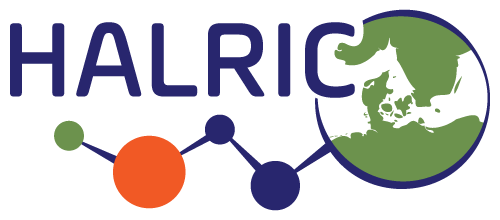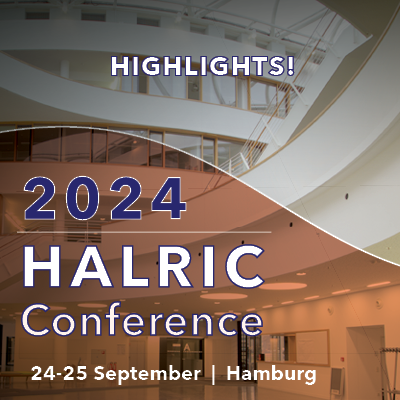
About HALRIC
About HALRIC
Hanseatic Life Science Research Infrastructure Consortium (HALRIC)
Looking to fast-track your research or product development? Then you might want to connect with HALRIC in the Öresund-Kattegat-Skagerrak (ÖKS)-Hamburg Region!
We aim to be a springboard for innovation capacity in the Life Science sector via increased access to and use of cross-border front-end technologies, instruments, expertise, and data handling solutions. This includes large-scale infrastructures, such as MAX IV, ESS, DESY and European XFEL, as well as cutting-edge complementary infrastructures at the Universities and Hospitals in the ÖKS-Hamburg Region.
Through pilot projects HALRIC is facilitating collaboration between academia, hospitals, SMEs as well as larger biotech and pharma companies and we call for more research project proposals for the use of one or more Research Infrastructures in the HALRIC consortium. HALRIC’s Hanseatic Science Cloud is also working on prototype models for handling the huge amounts of electronic data generated by the Research Infrastructures in collaborative projects.
The 21 partners in our EU-Interreg ÖKS supported project want to open the door to new techniques and methologies that help solve research questions, and we also work to strengthen the Life Science ecosystems and strategic dialogues between the four countries in the project (Denmark, Germany, Norway, Sweden).
PILOT PROJECTS
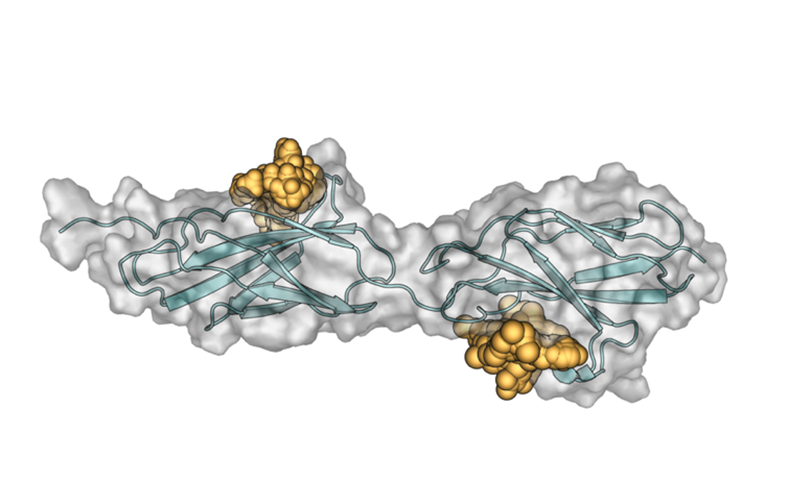
Facilitating Drug Design with Fragment-based Active Site Exploration (FASE)
This HALRIC pilot project aims to identify new potential drug candidates and enzyme inhibitors using an innovative method of soaking small molecules into crystals of target...

Data management of proof-of-concept study to understand intrinsically disordered proteins
The ability of intrinsically disordered proteins (IDPs) and intrinsically disordered regions (IDRs) in proteins to self-associate is a vital mechanism for the formation of...
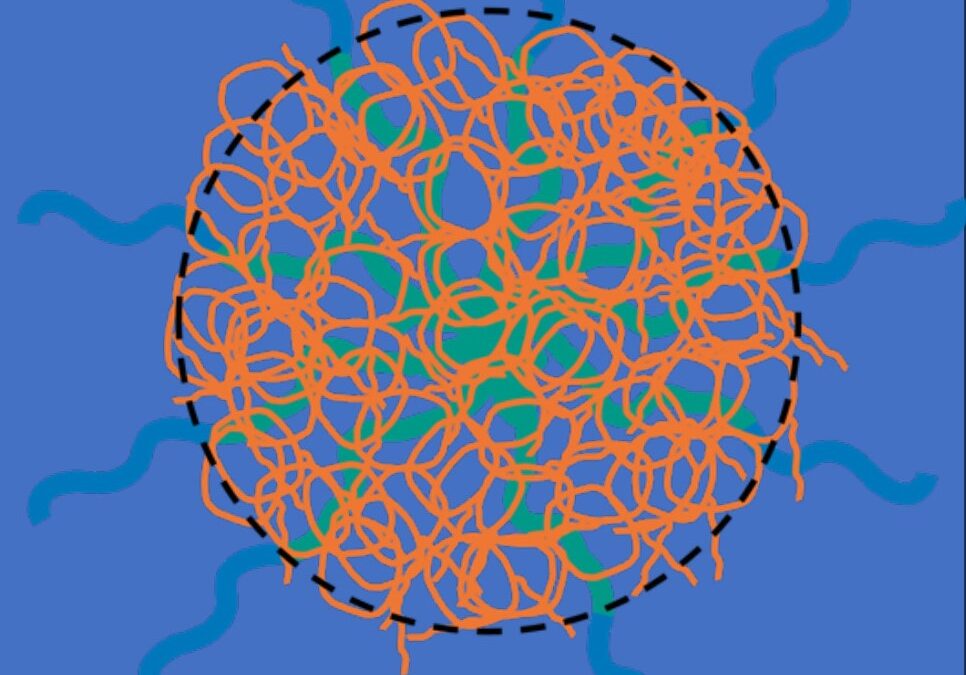
Unravelling the Internal Structure and Molecular Exchange Kinetics of Antibiotic Polymeric Nanoparticles
The World Health Organization (WHO) has reported that multidrug-resistant (MDR) bacteria cause 1.27 million deaths yearly worldwide. The yearly mortality rates are estimated to...
NEWS
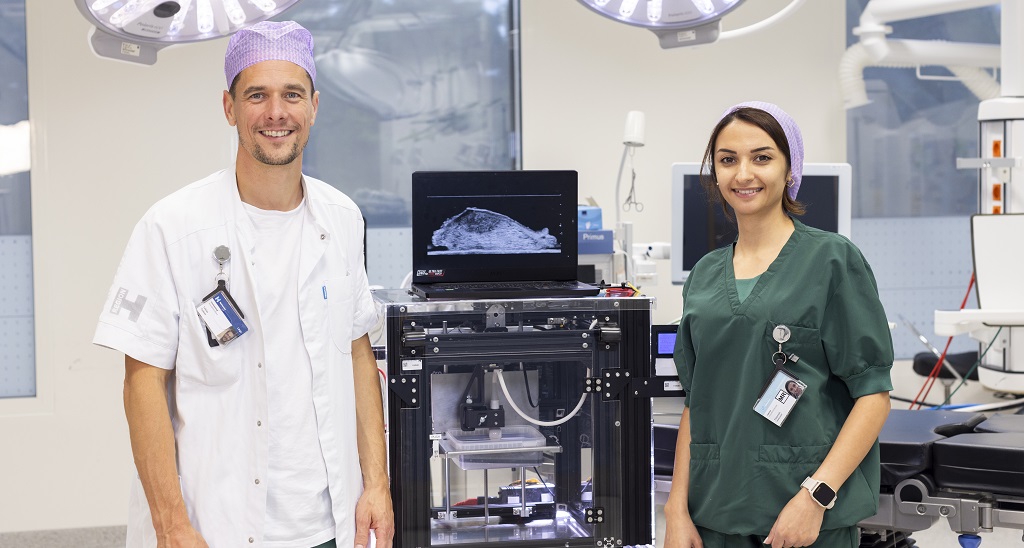
HALRIC invites Research Infrastructures and hospitals to combine techniques and competences for the benefit of clinical research
Early March, Universitätsklinikum Hamburg Eppendorf (UKE) facilitated a workshop to familiarize clinical researchers with HALRIC. The first HALRIC pilot-project involving clinical researchers from Rigshospitalet kicked off in February and it addresses the feasibility of using Micro-CT to optimize surgical precision in oral cancer.

Hanseatic Science Cloud (HSC) launches user survey
Have you used Research Infrastructures? If so, we urge you to help the Hanseatic Science Cloud answer the user needs survey. The answers will enable the Hanseatic Science Cloud to provide services that meet the needs and expectations of users in the Öresund-Kattegat-Skagerrak-Hamburg Region.

New HALRIC pilot projects involve Life Science industry partners
HALRIC has approved four new pilot projects with partners from all the countries in the consortium. New cross-border teams will work towards developing new technologies or better understanding detailed mechanisms of specific proteins, bacterial resistance towards antibiotics or of diseases such as ischemic stroke and Alzheimer’s disease.
